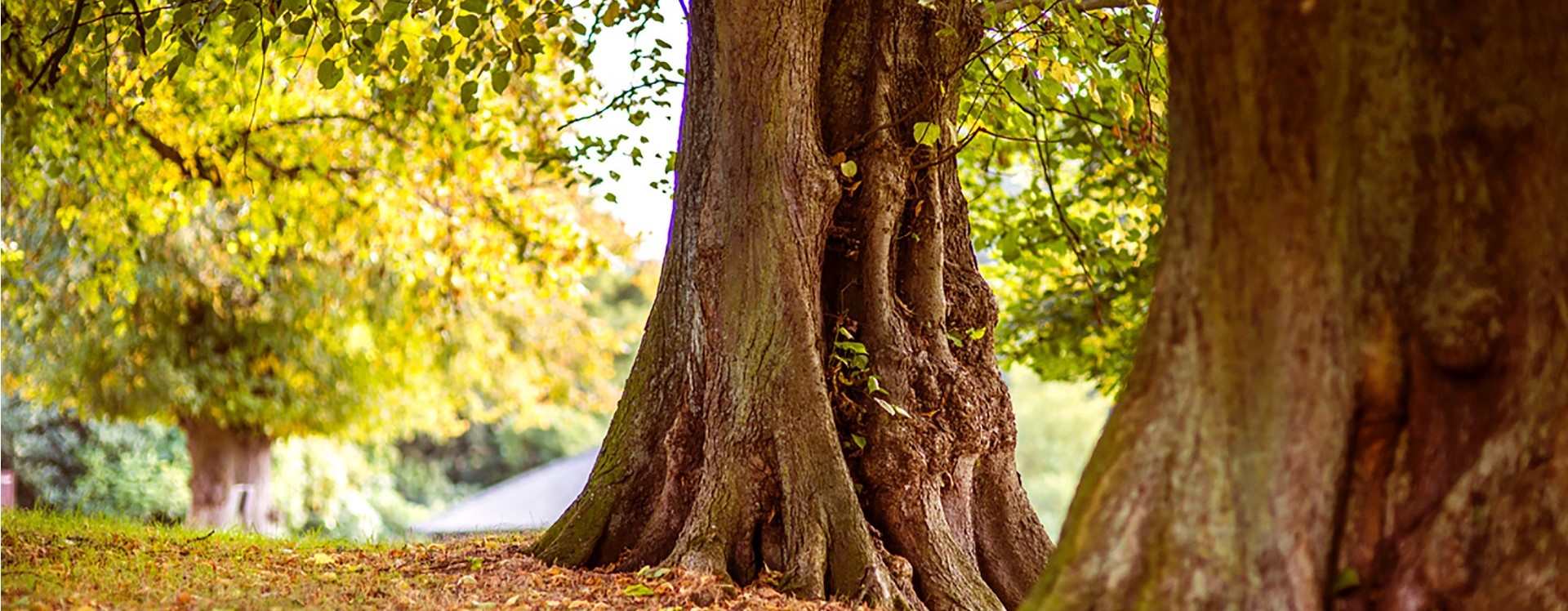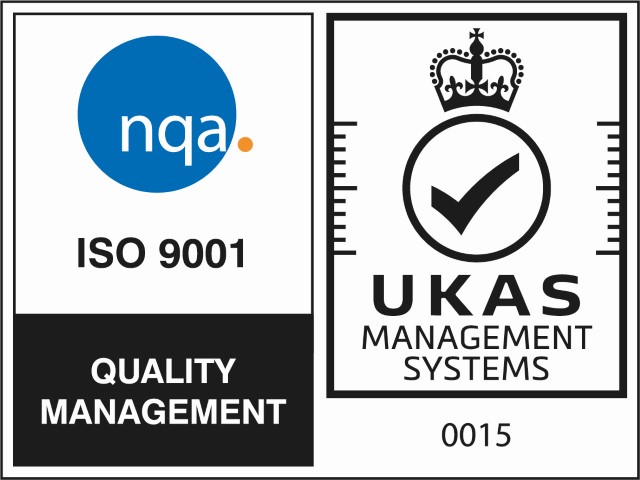When surveying your property, your RICS chartered surveyor will inspect the outside space as well as the inside of your property. It is important to inspect your garden as the plants and trees around your house can have a big impact on your property.
These are the trees and plants that your RICS survey will investigate in your front and back garden to evaluate the plants that may pose a danger to your property or cause structural damage over time.
Trees
Trees planted close to your home can impact your property. Roots can penetrate your home’s foundations, making them unstable.
Compromised and weakened foundations can cause cracks in walls, sloping floors and ceilings, and stuck doors and windows.
The trees most notable for causing issues are oak, willow, and poplar. A tree’s roots can extend as far as two and a half times the height of the tree and penetrate deep into the ground and move your foundations.
However, in most cases, potential damage to your property will not be due to the direct pressure of roots on the foundations unless the trees and plants are very close to the property, and most trees planted close to buildings do not pose a threat.
Most of the time, damage will actually be due to soil types, like shrinkable clay soils, that shrink when drying when tree roots remove water from the soil. This accelerates the drying and shrinking process, which leads to subsidence.
A survey will highlight defects, potential damage, and what action to take next.
Japanese Knotweed
Japanese knotweed is one of the world’s top invasive species and the most invasive species of plant in Britain. The plant can grow to over 2m high and is very destructive and spreads rapidly.
Japanese knotweed poses a problem to properties as can damage drains, pipes, foundations, walls, patios, paths, drives, boundary walls, outbuildings, and conservatories.
Japanese knotweed is also very difficult to get rid of. Treatments are long and extensive and can take up to 3 years to eliminate and even then, there is potential for regrowth as it can lay dormant for 20 years.
There is a range of different treatments to remove Japanese knotweed, including chemical treatment, relocation, reduced dig, herbicidal, in situ capping, on-site burial, excavation, and removal.
These treatments must be carried out by an accredited specialist, and the plant and contaminated soil containing knotweed is classed as waste and must be treated and disposed of by a contractor too.
Lenders have different policies on dealing with Japanese knotweed and some may even withdraw their offer on properties where Japanese knotweed is present. Hence, it is essential to have a survey carried out before buying a property to ensure you know exactly what you are buying.
Climbers
Climbers like ivy and wisteria can lead to issues for your property. These plants can lift roof tiles, crack masonry, tear away guttering, disturb mortar joints, and keep walls damp.
Toxic Plants
Your surveyor will inspect your garden for toxic plants that can be dangerous and even lethal. Such plants may include foxglove, rhododendron, hydrangea, and Laburnum, which are poisonous when eaten.
Plants such as euphorbia can irritate the skin and, similarly, giant hogweed is an invasive plant that can cause severe skin burns. Your surveyor can advise the best ways to deal with eradicating these dangerous plants.
Other Issues
There are many other issues caused by trees and plants that you should be aware of before purchasing a property.
Trees can block sunlight coming through windows. Tree roots can block drains which can be investigated with a CCTV drainage survey.
Some trees release sap, making paths sticky, and fig or pear trees can make walkways slippery.
Book a Survey Today
When surveying your property, your chartered surveyor will inspect trees and roots, Japanese knotweed, climbers, toxic plants, and can outline other issues caused by plants that you will want to consider.
It is important that you book a RICS survey today to assess the existing damage and potential threats posed by trees and plants on your property.











